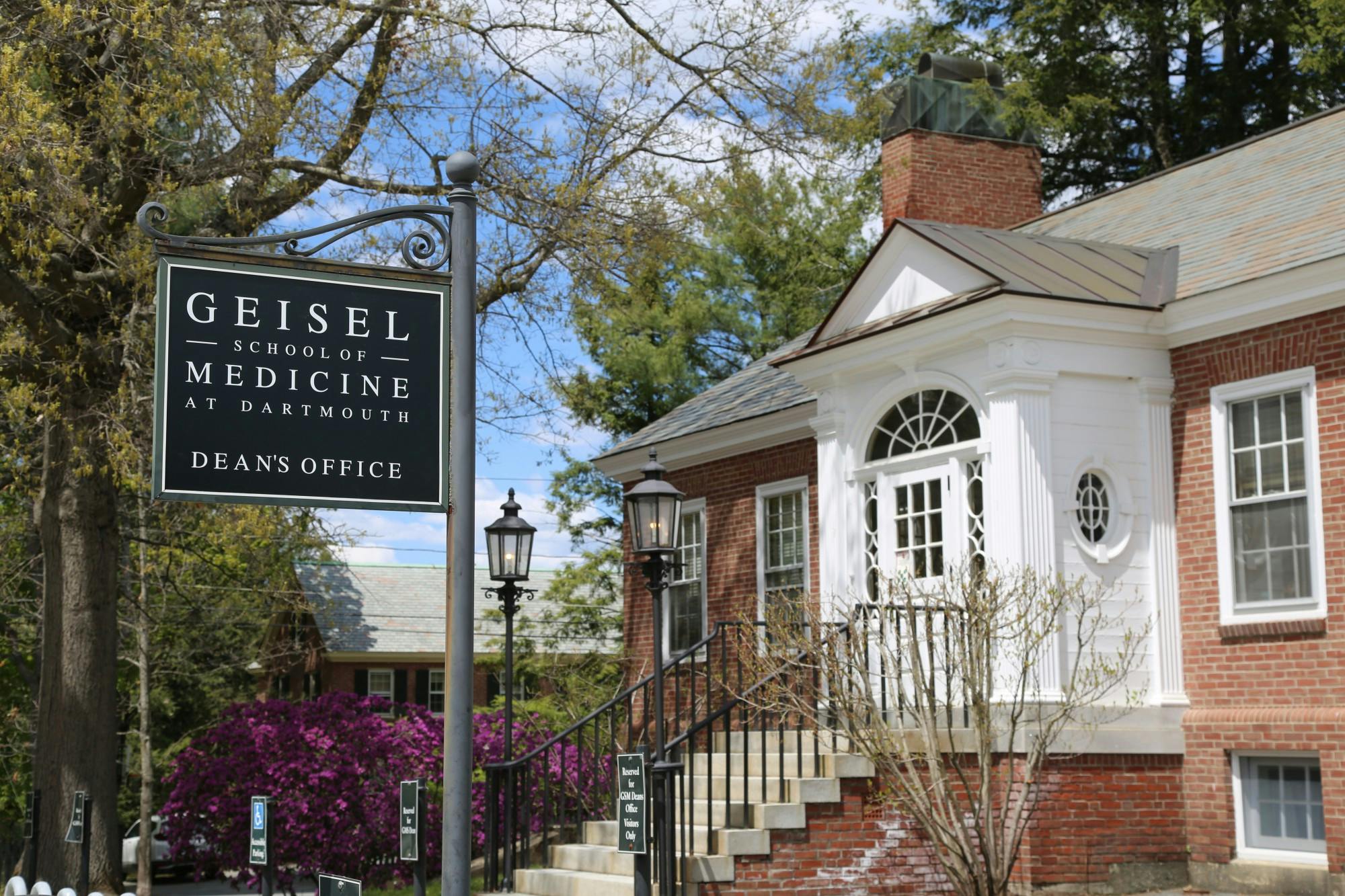Updated June 11, 2020 at 9:27 p.m.
The Geisel School of Medicine will dismiss academic honor code charges against all 17 students it accused in March of cheating on online examinations, according to an email announcement sent by Dean of the Geisel School of Medicine Duane Compton to Geisel’s student body on Wednesday. The move follows months of controversy that saw Geisel make national headlines after students, professors and technology experts accused the school of relying on unsound evidence, violating student privacy and failing to offer due process in its judicial proceedings.
Compton wrote in the email that the decision to drop charges came after the medical school conducted a further review and received new information from Canvas, the learning management system that Geisel used to collect evidence of student misconduct.
According to an article published on Thursday by The Foundation for Individual Rights in Education, one of several advocacy groups that have criticized Geisel’s treatment of accused students, the new information from Canvas “suggested the technical data that formed the basis of the charges was indeed insufficient.” An earlier article by another group that lobbied Geisel to withdraw its allegations, the Electronic Frontier Foundation, found that Canvas's own documentation warns against using the platform's data to analyze the activity of individual users.
"This data is meant to be used for rollups and analysis in the aggregate, not in isolation for auditing or other high-stakes analysis involving examining single users or small samples," the documentation reads.
Geisel informed the involved students about the dismissal of charges on Wednesday, according to Compton’s email. Compton also wrote that the academic transcripts for the students involved will not include “any reference” to the investigation proceedings.
“I have apologized to the students for what they have been through and believe the dismissal of the charges is the best path forward,” Compton wrote. “The school is providing the students with a wide variety of resources to support them and maintain their academic and professional progress. We will do everything we can to safeguard their privacy.”
Moving forward, Compton wrote that Geisel will take steps to improve its judicial processes and how it administers examinations. As part of these measures, the school will consider moving to open-book exams in pre-clinical courses and will review its policies around exam remediation for reinstatement, according to the email.
Compton also announced plans to hold Phase 1 medical exams in person next year and to improve communication between students and the administration, and the formation of a commission that will review and make recommendations for “improving the support structures and processes for students.”
Alex Morey, a program officer at FIRE, argued in the advocacy group’s June 10 article that rebuilding trust with its students would require Geisel’s administration to ensure due process for students accused of wrongdoing.
“When it comes to trust, due process provides it: Giving everyone involved confidence that when a school reaches a result in a misconduct investigation, it’s a fair one,” Morey wrote.
College spokesperson Diana Lawrence declined to comment, citing the privacy of the students involved.
The Geisel Dean’s Office did not immediately respond to requests for comment.
This article will be updated as more information becomes available.



